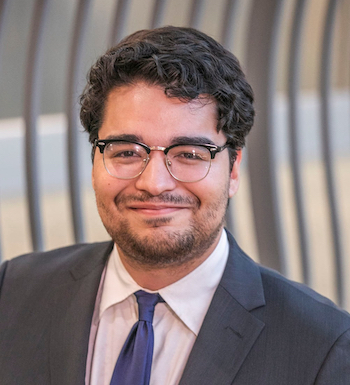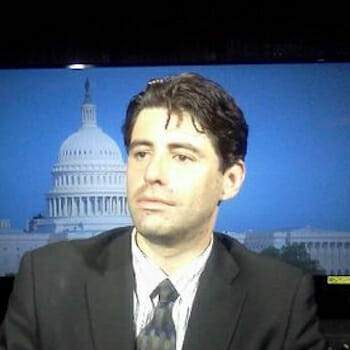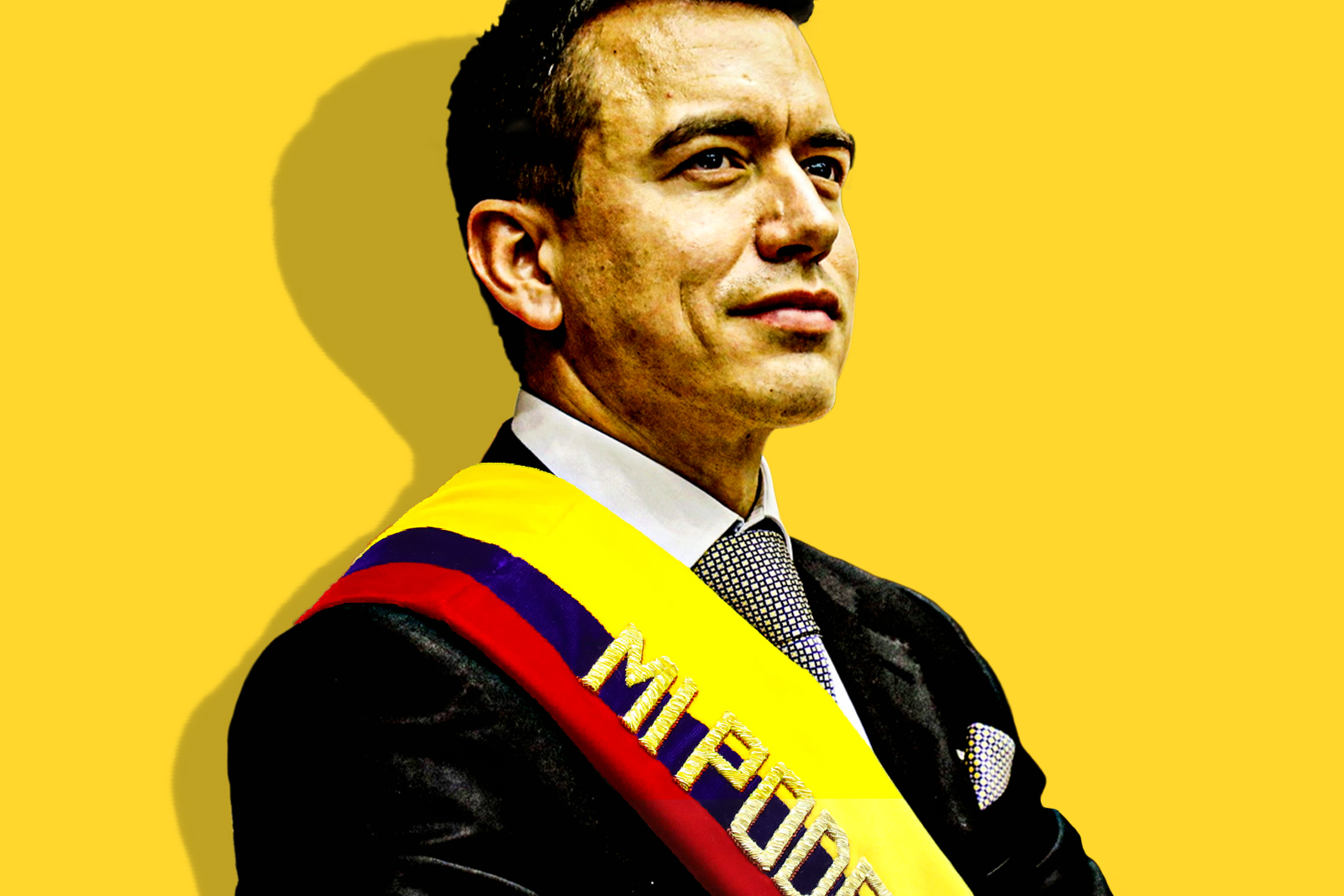
Quito’s Burning Priorities: President Noboa’s Trial by Fire in Ecuador
In early November, Ecuador’s President-elect Daniel Noboa arrived in Washington with a critical mission: to lay the groundwork for his impending administration. As the son of Ecuador’s wealthiest man, Noboa’s visit had significant implications. His agenda included crucial meetings at the World Bank and the International Monetary Fund, where he conveyed a stark reality. Noboa emphasized that Ecuador’s path to economic recovery hinged on international aid, underscoring the severity of the nation’s financial challenges.
This moment marks a pivotal chapter in Ecuador’s political narrative. However, Noboa’s ascendancy to power coincides with a period marred by economic struggles and an alarming surge in violence. Additionally, the looming threat of climate change casts a shadow over Ecuador, complicating the nation’s trajectory toward stability and prosperity.
So what went wrong?
Over the past decade, Ecuador emerged as a beacon of social and economic stability in South America. In a striking commitment to social welfare, the nation led the continent in 2016 by allocating 8.6% of its GDP to these programs. Central to this achievement was the administration of then-President Rafael Correa, who prioritized educational reform. Correa’s tenure is marked by an unprecedented $20 billion investment in education. This investment resulted in the expansion of financial access to public schools and a doubling of teacher salaries. The country reaped tangible benefits: poverty rates fell by over 40%, and Ecuador’s economy experienced a noteworthy upswing, with GDP growth reaching 1.5% for the first time in a quarter-century.
However, this hard-won progress has begun to deteriorate in the last six years. The strides made in the previous decade are at risk, as the country faces new challenges that threaten to undo the advances in social welfare and economic growth.
In the period leading up to the pandemic, the government of then-President Lenín Moreno implemented sweeping changes to Ecuador’s robust social welfare system. These reforms were aimed at securing loans from the International Monetary Fund. By 2019, just before the pandemic struck, austerity measures had led to the dismissal of 3,680 health workers and a drastic 64% reduction in overall healthcare investment.
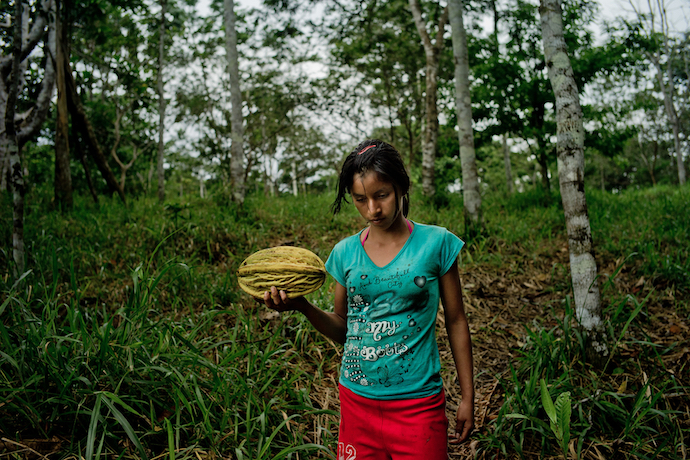
The timing of these reforms had catastrophic consequences as the pandemic unfolded. Ecuador quickly became one of the countries most affected by COVID-19, measured by deaths per capita. The health crisis also brought the nation’s economic expansion to an abrupt halt. The combination of these factors led to a significant budgetary shortfall and destabilized the pension system, raising concerns about its long-term viability amidst a shrinking workforce. Concurrently, Ecuador faced rising inflation, which climbed to 4% by early 2022. These challenges have added to the considerable array of issues awaiting Noboa’s attention.
During his inauguration speech, Noboa focused on a generational change in the country’s leadership. “We cannot continue repeating the same policies of the past and hope for a different outcome; this is why the citizens voted for a new Ecuador.”
Businessman Juan Carlos Vega, who attended the University of Arkansas and Cornell University, has been appointed Ecuador’s economy and finance minister. As the ministry’s structure takes form, including the installation of a new director at Ecuador’s Development Bank, it is premature to forecast Vega’s ability to tackle inflation and other fiscal challenges. Early December saw Minister Vega at a Latin American and Caribbean Development Bank conference in Brazil, likely marking his first official trip abroad.
In a candid disclosure about Ecuador’s financial health, Vega acknowledged in mid-December the government’s struggle to clear outstanding debts exceeding $4 million for domestic obligations, including payments to social security, autonomous governments, and other entities.
Looking ahead to the new year, projections suggest that the economy will expand by a modest 1.5%. This has sparked debate among local media about the possibility of stagnant economic growth. A critical issue for 2024 will be the strategy that President Noboa and Minister Vega adopt to collaborate with international financial bodies to revitalize Ecuador’s economy.
Ecuador, long considered a relative haven amid the turmoil of the drug war, finds itself grappling with a surge in violence and crime. Strategically positioned between Colombia and Peru — two of the largest drug-producing nations — Ecuador had historically avoided the worst of the drug war’s associated violence. Yet, in recent times, a troubling shift has occurred. Criminal factions have begun to establish a presence within Ecuador’s borders, capitalizing on the country’s need for stronger security measures and more resources for border patrols.
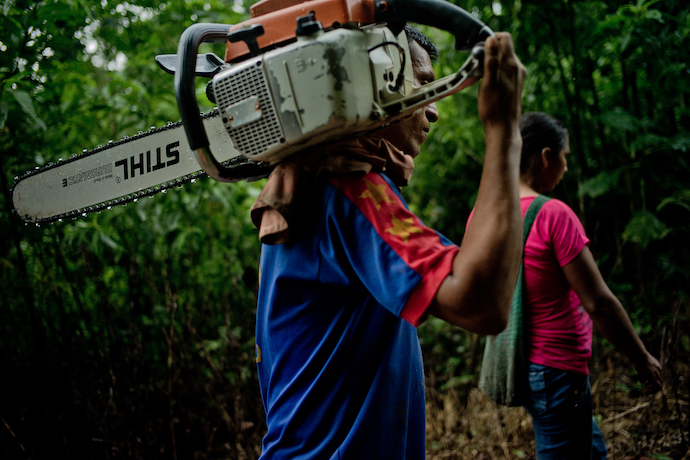
Several factors have contributed to this shift. Notably, forceful anti-drug operations in Colombia, and to a lesser extent in Peru, have pressured cartels to relocate. As a result, they have dispersed their activities to nearby countries, including Brazil, Ecuador, and Venezuela. This migration of criminal operations to Ecuador poses significant challenges for the nation, as it contends with the need for an enhanced security apparatus to counter this new wave of illicit activities.
Ecuador has drawn international scrutiny for its alarming spike in prison violence, including horrific acts such as beheadings. The chaos, mainly instigated by the notorious Los Choneros drug cartel, has resulted in the deaths of at least 400 inmates.
Compounding the crisis is the surge in the country’s prison population, which has tripled over the last twenty years, leading to overcrowding — some facilities operate at 36% above their intended capacity. In response, former President Guillermo Lasso deployed the military to assist law enforcement in regaining control over the tumultuous prisons, a move that has shown signs of success.
Yet, the specter of violence extends beyond the prison walls. Murders have skyrocketed by as much as 500% since 2016. Guayaquil, in particular, has witnessed macabre scenes with reports of beheaded and dismembered corpses. This escalation of violence poses a threat not just to the general public but has also reached a level where even high-profile figures are not spared. In a chilling demonstration of their audacity, criminals targeted and assassinated Fernando Villavicencio, a presidential candidate, during a campaign event in Quito just two weeks before the national elections.
Roughly a month into his term, President Noboa’s administration faces criticism for its perceived slow response to urgent issues. A report by America Economia featured comments from former presidential candidate Jan Topic, who directly addressed President Noboa: “You [President Noboa] promised us to reduce the violent death toll to almost zero, and time is against us…Ecuador needs leadership with concrete plans, [and leaders] who bring confidence in the direction to follow.”
In a mid-December announcement, Noboa revealed a plan to deport 1,500 foreign inmates to alleviate overcrowding in Ecuador’s prisons. Moreover, the administration has expressed a commitment to enhancing the capabilities of the armed forces and law enforcement with new equipment. At a recent ceremony with various military commanders, Noboa made a firm declaration, asserting his unwavering stance against crime: “You can be sure that I will not give in to threats, and I will not negotiate with criminals.”
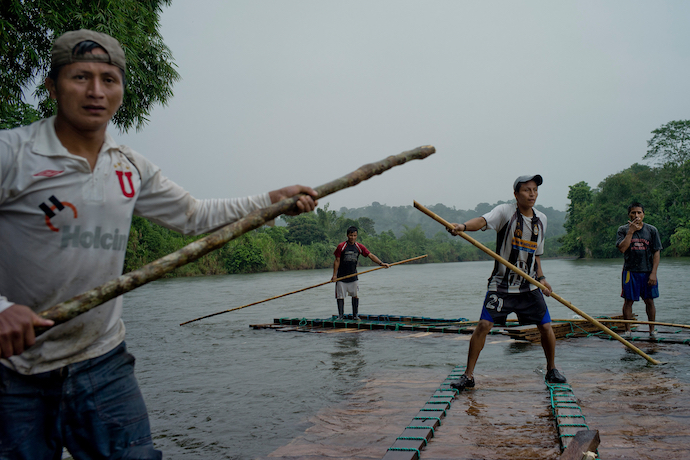
Climate change represents a third, yet less frequently addressed, threat to Ecuador’s diminishing stability. Beyond the evident environmental degradation and the risk to human lives, the nation’s increasingly volatile climate poses a significant risk to its energy sector. Notwithstanding its access to substantial oil and gas reserves, Ecuador relies predominantly on renewable energy sources. In 2011, hydropower accounted for 55% of Ecuador’s energy consumption. By 2021, this figure had climbed to almost 80%, a testament to the country’s rich hydrographic profile, with its abundance of rivers and potent water flows.
Currently, the El Niño weather phenomenon is beginning to make its presence felt in Ecuador and Peru. In September, Quito raised an amber alert in anticipation of El Niño, to ensure that the government and citizens are well-prepared for the expected severe weather conditions. Historically, El Niño has brought extensive flooding, disrupted fishing activities, and outbreaks of diseases such as dengue in Ecuador. Moreover, the associated droughts pose a dire threat to the nation’s hydroelectricity supply. Anxiety about El Niño has led to local authorities implementing electricity rationing, casting doubt on the future of Ecuador’s energy autonomy.
As climate change intensifies, it is expected to amplify weather phenomena like El Niño, presenting a pressing concern for Ecuador due to its geographical vulnerability. President Noboa has committed to respecting the outcome of the August referendum, where Ecuadorians voted against oil exploitation in Yasuní National Park. Nonetheless, during a December Q&A with the Inter-American Dialogue and Global Americans organization, Noboa did not highlight climate change as an immediate concern of his administration. Despite the urgent need to address a faltering economy and escalating violence, it remains crucial for Noboa’s government to address and mitigate the consequences of environmental issues effectively.
With limited time in his current term, President Noboa faces the challenge of addressing Ecuador’s critical issues swiftly. He is completing the term of former President Lasso, which leaves him at the helm until May 2025 — a period less than two years away. However, Noboa retains the possibility of running for a full term, should his interim leadership garner the public’s endorsement. The Noboa administration, therefore, stands at a crossroads: it could be seen as a provisional stewardship or one that leaves a lasting and, ideally, beneficial impact on Ecuador.
On election night, President Noboa energized a crowd of supporters with his vision: “Tomorrow, we start to work for this new Ecuador; we start working to rebuild a country seriously battered by violence, by corruption, and by hate…From tomorrow, hope will start working. From tomorrow Daniel Noboa starts work as your new president.”
The fate of President Daniel Noboa’s administration, along with his political future, hinges on delivering substantial and visible improvements to a country yearning for stability. President Noboa has thus far taken steps that resonate with strategic leadership. He has sought to strengthen relations with neighboring countries, embarked on a crucial visit to Washington, and addressed the global community with candor about Ecuador’s challenges during the United Nations General Assembly in September. Additionally, his newly appointed ministers have participated in important discussions at the CAF (Development Bank of Latin America) meeting in Brazil.
While Ecuador’s hurdles are formidable, they are not insurmountable. The nation needs sustained, long-term strategies that can yield immediate, positive outcomes. This is imperative, as the pressing issues of economic instability, rampant violence, and the vicissitudes of climate change will not pause for political conveniences.
